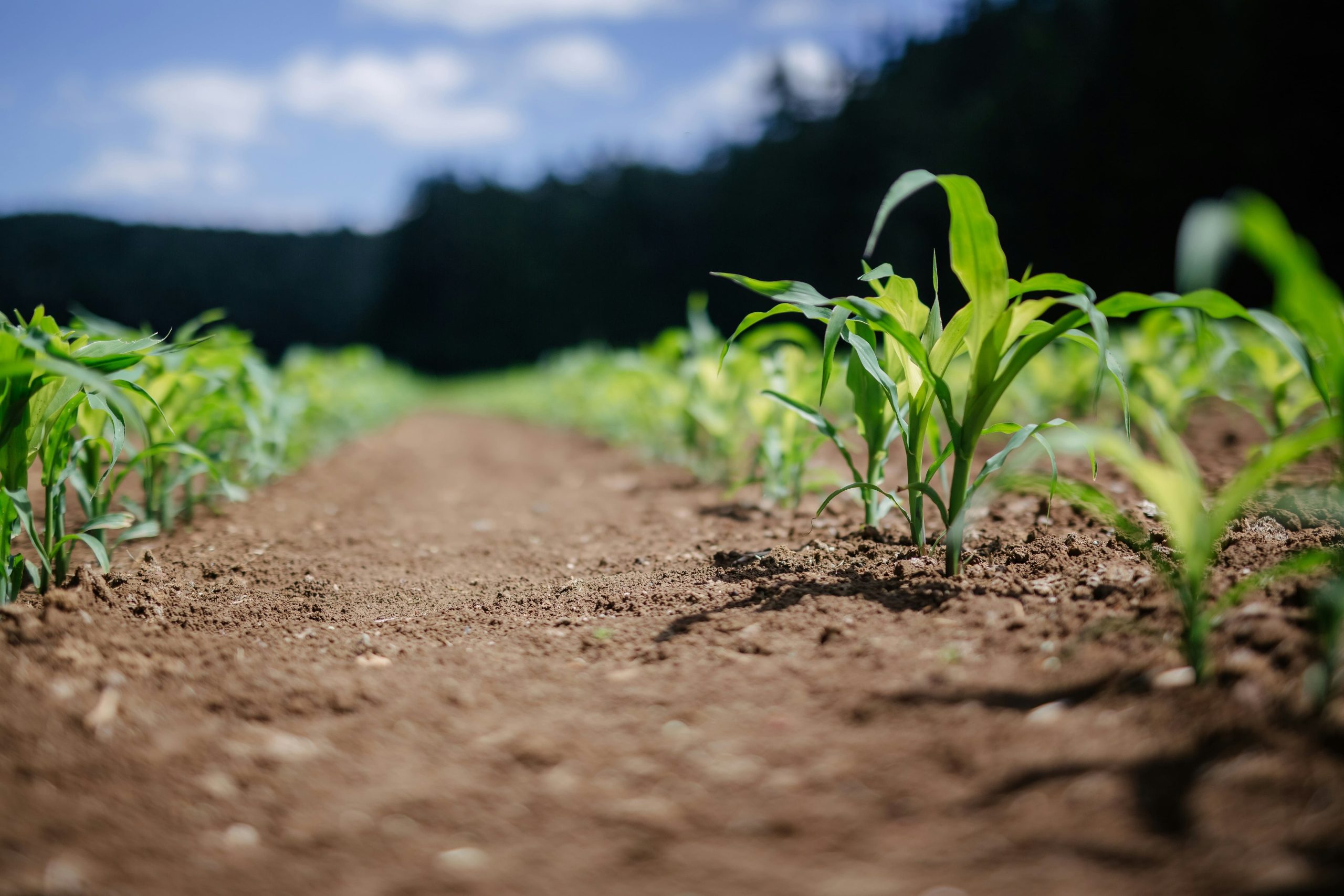Studying crop production is crucial for several reasons, primarily to ensure global food security and promote sustainable agricultural practices.
Crop production equips individuals with the knowledge and skills to improve crop yield, enhance crop quality, and develop resilient crop varieties, contributing to a more stable and secure food supply.
Here is a more detailed look at why studying crop production/science is important.
- Addressing global food security: Crop production research helps develop new and improved crop varieties that are more productive, leading to higher yields and greater food availability
- Resilient crops: Crop scientists work to create crops that are resistant to pests, diseases, and environmental stresses like drought and heat, ensuring consistent food production.
- Addressing food scarcity: With the global population growing, crop production plays a key role in finding innovative solutions to meet the increasing demand for food.
2) Promoting Sustainable Agriculture:
- Resource Conservation: crop production/ science encourages the development of environmentally friendly agricultural practices that conserve water, soil and other natural resources.
- Climate change mitigation: By developing crops that are more resilient to changing climate conditions, crop scientists help mitigate the impact of climate change on food production.
- Sustainable Practices: crop production explores alternatives to traditional farming systems, such as organic farming and agroforestry, to promote sustainable and environmentally responsible food production.
3) Career Opportunities:
- Diverse fields: Studying crop production opens doors to various career paths in Research, Agriculture, Biotechnology, academia, and the Food industry.
With the growing challenges of food security and climate change, crop scientists are in high demand and play a crucial role in shaping the future of agriculture

